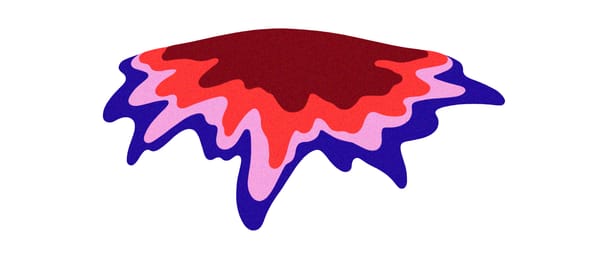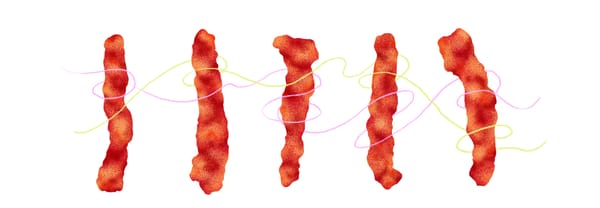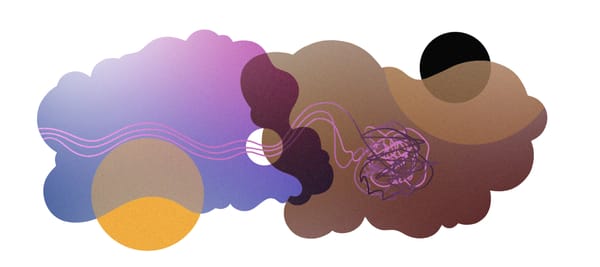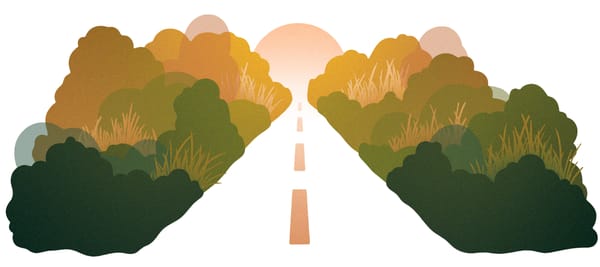Recense (been looking)
by Patrick Madden | “An ounce of perception, a pound of obscure.” [Neil Peart]
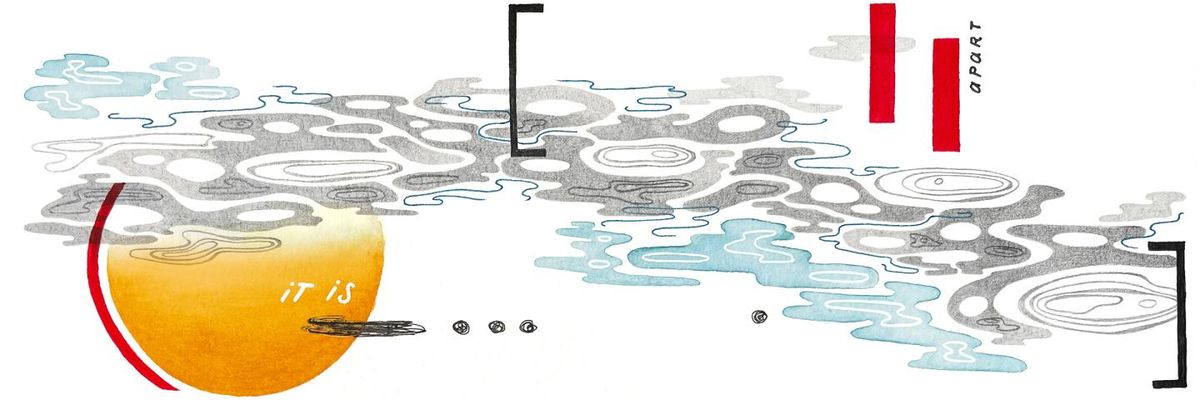
I have just been looking for an adjective that describes the capitalist mania for getting and for valuing things—and ideas, and even people—only in terms of economics. Something to contrast the worth of the humanities with the STEM disciplines, perhaps. Or to reassert the importance of art in a culture that wants to exploit the natural world and human beings, to the financial enrichment of other lucky and/or corrupt human beings. I want a word like utilitarian but with more bite (to connote immorality). Acquisitive doesn’t quite fit with the nouns I want to use.
If I’m honest, I must include myself in this culture, even if I want to believe that I am only ancillary to the machine, that I am a gentle, thoughtful teacher and writer seeking and translating other values, participating in other systems. This, and more, is all true, and yet . . . So I asked for suggestions on Facebook.
Friends seen and unseen, recent and distant, known and unknown, were quick and fervent in their replies, suggesting such words as neoliberal, materialistic, instrumentalist, freebooting, buccaneering, rapacious, consumerist, positivistic, pragmatic, parasitic, mercantile, avaricious, covetous, monetized, opportunistic, selfish, pecuniary, profitive, objectifying, reductionist, exploitative, predatory, and so many others, each accurate in its way, each approaching the uncomfortable reality in which we live, though we perceive it only dimly.
Do you know the parable of the fish that David Foster Wallace wrote in Infinite Jest and spoke of in his 2005 Kenyon College commencement speech? Here is the speech version, which is a little bit longer (and a little bit milder in its choice of expletive):
There are these two young fish swimming along and they happen to meet an older fish swimming the other way, who nods at them and says, “Morning, boys. How’s the water?” And the two young fish swim on for a bit, and then eventually one of them looks over at the other and goes, “What the hell is water?”
“I have made diligent inquiry, but I have not been able to find” [Gail Hamilton] an earlier source for this story. Wallace’s shadow looms so large that I find it impossible to discover whether this parable predates him or if he invented it, which is both frustrating and appropriate, as parables seem to want this kind of anonymous timelessness, seem to recognize (even if they appear with attribution) that they arise not from the mind of an individual but from a culture, from humanity, which notion I think Wallace would approve of. I am reminded of sitting in the audience at a keynote address and conversation in Melbourne, Australia, featuring David Shields soon after his book Reality Hunger, with its myriad uncited appropriations, made a big splash in our little pond of literary nonfiction. An attendee remarked or asked about the author’s responsibility to attribute his quotes to their sources, and Shields, channeling Seneca [“Whatever is well said by another is mine”], remarked that in this day and age it’s a simple matter to look up a quote to find its originator. “Not so simple, friend, perhaps, as thou imaginest,” [Charles Lamb] I responded aloud, hastening to add that just that week I had attempted to discover the precise wording of a Montaigne quote [“Every man has within himself the entire human condition,” which I was hoping to find in a gender-neutral translation], only to be confronted with a proliferation of search-engine-optimized sites attributing the words to Shields himself. Now, years later, the “Shields” quote shows up even in books.
This, too, is part of the system we inhabit, the water we swim in. But more germane to my opening, the wavering target that my friends and I were attempting to hit with all those words is also water. Or perhaps the target is somewhere in the water, and our aim is compromised by the refraction of light? In any case, it is consumerism or materialism (though not the concept driving physics), or utilitarianism (but not the philosophical framework aimed at maximizing happiness). All these things. It is the (here I pause, uneasy with the implied certainties of it and is and the definite article the) egocentric supposition that all value can be expressed monetarily, that all good, all benefit, may be translated to use value for us, me, you, those rich folks, Homo economicus.
Do you feel that? Some power that pulls the essay to become a truism, a warning: Don’t buy into [the economic metaphor infects] the materialistic value system, friends! And this brings us back to the uncertain place where we started: no single adjective describes this system in which we swim, from which we cannot quite escape, even if we gather upward momentum and launch ourselves clear of its surface. (We are a dolphin here, or a whale, or perhaps a flying fish or a shark, but maybe it’s better to stick with mammals, fit for life in water but required to surface somewhat frequently. Can we be a sea lion? Can sea lions breach [a verb I like for its “jumping out of water” meaning as well as its “failing to observe a law, agreement, or code of conduct” meaning, assuming that the parasitic system is the agreement we’re breaching]? Yes, they can, surely [I have just seen videos!], and often do, when fleeing a shark, for instance.)
I am reminded of the scientific materialist’s impossible goal: to observe the experiment from outside the closed system. A notion that may have worked for a while, when the system was big and obvious, but which began to fail once we understood the inevitable observer effect and the deep-down inherent mysteriousness of things. Or, to put it another way: the failures of individuation; the hubris of thinking oneself apart from, not a part of; the near impossibility of perceiving the systems one is in, or seeing the ways in which one is complicit, or naming the thing that surrounds us, which, if we can’t breach it, sometimes suffocates.
Patrick Madden is the author of three essay collections, Disparates (2020), Sublime Physick (2016), and Quotidiana (2010). He teaches at Brigham Young University, coedits the journal Fourth Genre and Ohio State University Press’s 21st Century Essays series, and curates the online essay resource quotidiana.org. You can join him in the hive mind on Facebook.
* This essay is a Short Reads original; Illustration by Anna Hall.


